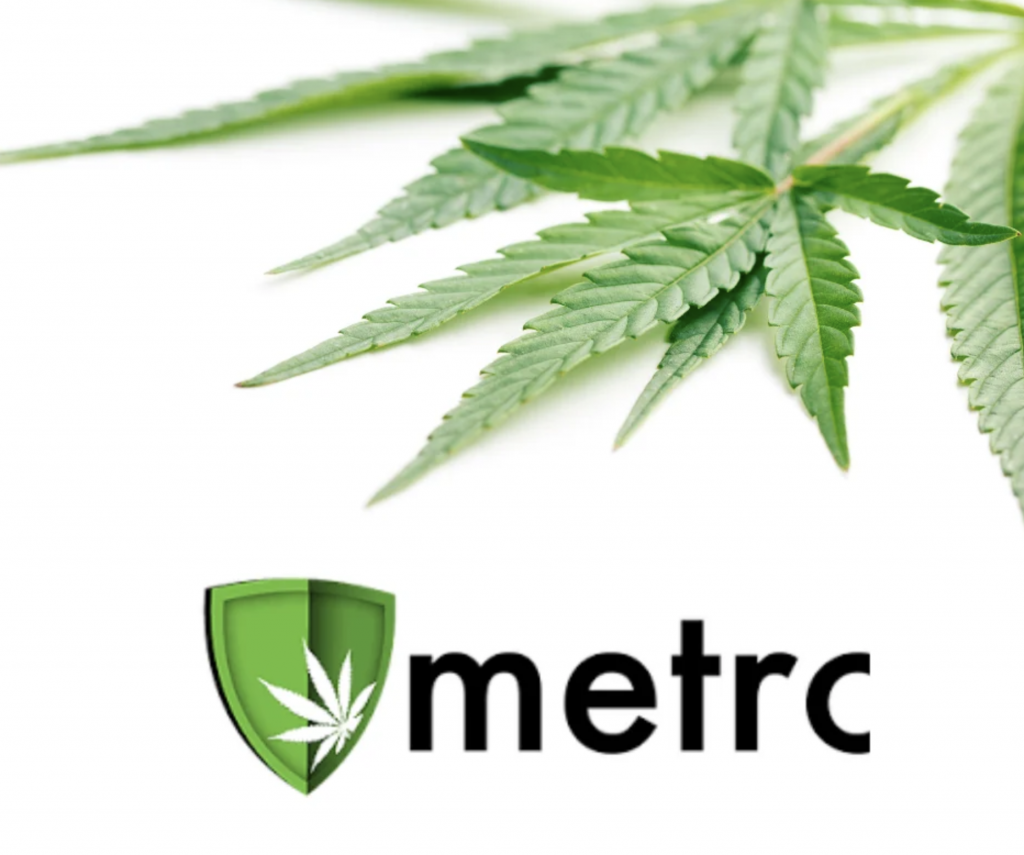
Medical cannabis in Oklahoma has 99 problems; let’s hope that your cannabis isn’t one of them. Medical cannabis in the state of Oklahoma was passed in June of 2018. The passing of SQ 788 made Oklahoma the 30th state in America to legalize medical cannabis. To legally possess cannabis in Oklahoma, you must have a valid state-issued medical cannabis card. Oklahoma does accept out-of-state med cards as long as you plan ahead. A temporary med card can be applied for by anyone who is planning on visiting the state of Oklahoma and is a licensed medical cannabis patient in another state.
Oklahoma was once considered one of the toughest states against cannabis in America. Their laws were tough, and law enforcement was even tougher. After the passing of SQ788, things changed. Medical cannabis quickly spread across the state. Residents of Oklahoma who are 18 years of age or older can apply for an Oklahoma Medical cannabis card or MMJ card with a valid physician recommendation.
Since the implementation of Oklahoma’s medical cannabis program, the legal cannabis industry in the state as of 2021 was said to have generated an estimated $150 million in revenue. You might call Oklahoma, SmOklahoma. According to information from the Marijuana Policy Project, the state of Oklahoma has the highest “share in the country” of medical cannabis patients.
It is much cheaper to do business in Oklahoma than in other states with legal cannabis. The cost of land is cheaper as well as the cost of things such as licensing fees, insurance, etc. The way Oklahoma set up its medical cannabis program, it rolled out full steam! Today Oklahoma is home to more than 2,300 medical cannabis dispensaries, over 8,500 growers, and roughly 12,500 cannabis business licenses!
Oklahoma Medical Marijuana Authority Issues a Recall
The Oklahoma Medical Marijuana Authority better known as OMMA issued a recall on multiple cannabis products in an email sent out to patients on May 23rd. In all, OMMA recalled 99 medical cannabis products. These products were called recalled due to falsified laboratory reports. As a result of these falsified reports, the testing facility had its license suspended.
Oklahoma State Health Commissioner Keith Reed issued an emergency order to suspend the medical cannabis business license for Scale Laboratories. OMMA conducted an investigation and inspection of Scale Laboratories in April. Between these inspections and information in records obtained from Scale Laboratories, OMMA found reason to believe testing violations occurred that could potentially threaten the safety of the public.
Executive director of OMMA, Adria Berry, was quoted telling the media, “We are first and foremost concerned about the health, safety, and welfare of patients who might consume harmful marijuana products. Let this serve as a warning to any licensee attempting to skirt state laws: We work diligently behind the scenes to find and take down the bad actors within this industry. If you’re engaging in actions that threaten the health and safety of Oklahomans, you won’t get away with it.”
This laboratory didn’t just slightly fudge some results on THC levels saying THC was 28% when it was, in fact, like 12%. They did something much worse. Scale Laboratories reported passing test results on 138 samples that actually should have failed. These samples failed for things such as:
· Mold– Consuming moldy cannabis can cause nausea, vomiting, coughing, inflammation, sinus pain, and more.
· Yeast– May cause issues with the esophagus creating problems like thrush.
· Aspergillus– A type of mold that can increase the risk of sinus and lung infections.
· E Coli– May cause respiratory illness, urinary tract infections, pneumonia, diarrhea, and more.
· Salmonella– May cause severe stomach cramps, fever, and bloody diarrhea.
The way things work as of now, dispensaries that sold any of the 99 products to medical cannabis patients are required to contact patients and let them know about the recall. In the email OMMA sent out to medical cannabis patients, you can find the type of violation, the product type, the strain, and batch ID number of all 99 products that are part of the May 19th, 2022, OMMA product recall.

METRC Would Help Here
As of May 26th, 2022, legal cannabis businesses throughout Oklahoma are required to be compliant with METRC. METRC is a seed-to-sale tracking system that would help in a situation such as this. When the system is implemented, recalls such as these can be made in real-time versus the time it takes to issue emails and notify patients. This is the time that patients could be consuming potentially dangerous cannabis.
If METRC were already in place, not only would batch numbers be available, but locations of the products would also be available. As it is now, patients in Oklahoma have to research a PDF to see if their cannabis is on the recall list. If you find a strain on the list, you then have to reference the batch number. This is a lot of unnecessary work for patients and would not be excepted in any other medical situation.
These patients did not pay for the assurance of legal cannabis and the lab testing that comes with it, only to be lied to. This is a medical industry. These are medical patients. Not only should this business have their license permanently banned, but they should also have criminal charges brought against them. Just imagine if somebody purposely lied about toxic products inside of over-the-counter medication such as Tylenol, Motrin, or others?
It’s a safe bet to say that somebody would be losing their job, and there is an extreme possibility of criminal charges being brought against them. If Scale Laboratories is found to be in the wrong, it should never be allowed to operate again as well as face criminal charges. OMMA continues to grow. Its presence in the state of Oklahoma is letting those who would skirt the system know that they are not playing. Should you purchase a cannabis product that is still on the recall list, report it to OMMA and help protect other medical cannabis patients in Oklahoma.
Disclaimer: The information, including but not limited to, text, graphics, images and other material contained in this article is for informational purposes only. No material from this article is intended to be a substitute for professional medical advice, diagnosis, or treatment. Always seek the advice of your physician or other qualified health care provider with any questions you may have regarding a medical condition or treatment before undertaking a new health care regimen. Never disregard professional medical advice or delay in seeking it because of something you have read on this website.
